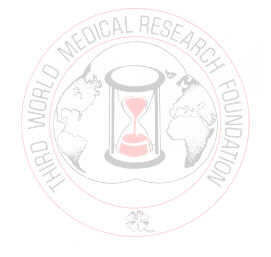While it is widely
known that multiple sclerosis is a relatively common crippling disease
in the United States, few realize that people in the tropics suffer from
a superficially similar, but much more common condition; tropical
spastic paraparesis. This irreversible, degenerative
disorder of the nervous system characteristically affects poor
people.
Third World Medical
Research Foundation has sponsored research in two areas of the
developing world where tropical spastic paraparesis is exceedingly
common: the Pacific Coast of Colombia  and
the Seychelles Islands in the Indian Ocean.
and
the Seychelles Islands in the Indian Ocean.
Those afflicted in
these regions lose their ability to work, thereby adding to the
financial and emotional burden of societies struggling to develop.
Scientists are using epidemiological techniques to define the exact
nature of this disorder, measure its frequency in different populations,
and determine why certain individuals are susceptible and others
resistant.
Does an AIDS-like virus travel incognito in victims
of tropical paralysis?
Tropical spastic
paraparesis is a crippling disorder that stalks several regions of the
world, including Jamaica, South Africa, India, Japan, Colombia, and
certain islands of the Indian Ocean. The Third World Medical
Research Foundation has established that the condition is far
more frequent than such spastic disorders as multiple sclerosis in the
developed West.
An infectious agent seems
to have a causal role. Serological tests reveal the presence of
antibodies to human T-cell Lymphotrophic Virus Type 1 (HTLV-1) in those
affected.
HTLV-1 has also been
isolated from nervous system tissues of patients with acquired immune
deficiency syndrome (AIDS). Additionally, neuropathological
changes of tropical spastic paraparesis resemble changes observed in
AIDS victims. TWMRF has conducted a study in islands of the
Indian Ocean into the causes of tropical paralysis.
Either The Grim Reaper
continues to collect, or the Third World Medical Research Foundation
is helped, by you the reader of this appeal document, to generate the
funds urgently needed to continue and expand this critical area of
research.